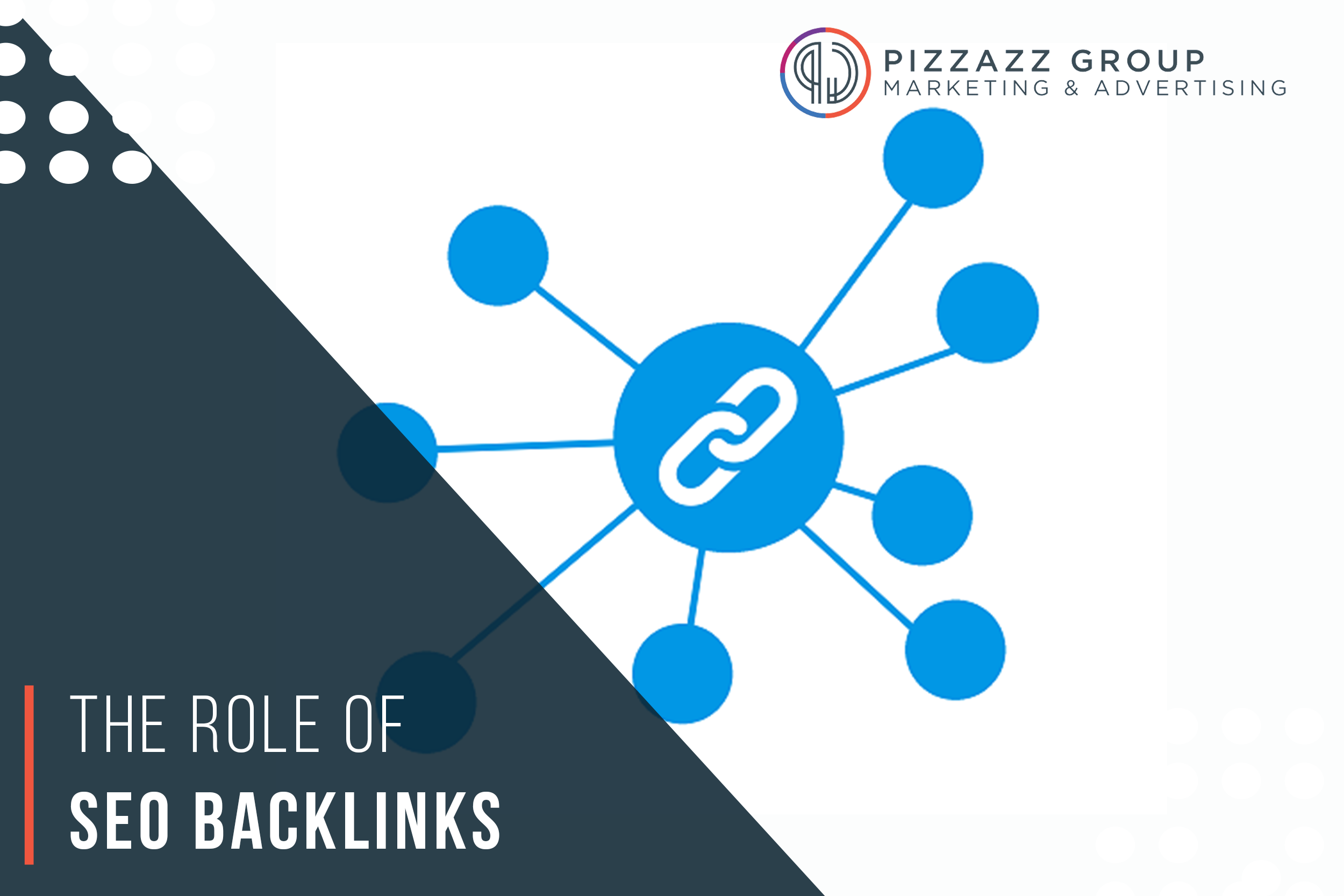
What Are Backlinks?
What Are Backlinks?

Why Backlinks Matter
1. Improved Organic Rankings: Search engines view backlinks as votes of confidence. The more quality backlinks a website has, the more likely it is to rank higher in search engine results pages (SERPs). This is because backlinks indicate that other websites find your content valuable and trustworthy.
2. Faster Indexing: Search engines use backlinks to discover new web pages. When a search engine crawls a website and finds a backlink to a new page, it follows that link to index the new page. Without backlinks, it can take longer for search engines to find and index your site.
3. Referral Traffic: Backlinks can also drive referral traffic to your website. When users click on links within articles or blog posts on other sites, they are directed to your site, providing you with additional traffic that can lead to higher engagement and conversions.
4. Building Authority and Credibility: Having high-quality backlinks from reputable sites in your industry helps establish your site as an authority. This not only improves your search engine rankings but also builds trust with your audience.
How to Build SEO Backlinks
1. Create High-Quality Content: The foundation of any link-building strategy is high-quality content. Content that is informative, engaging, and valuable is more likely to attract backlinks. Consider creating comprehensive guides, infographics, research studies, and expert roundups that others in your industry will want to link to.
2. Guest Blogging: Writing guest posts for other websites in your niche is a great way to earn backlinks. When you contribute high-quality content to another site, you can usually include a link back to your own site in your author bio or within the content itself.
3. Broken Link Building: This technique involves finding broken links on other websites and offering your content as a replacement. Use tools like Ahrefs or SEMrush to identify broken links on relevant sites, then reach out to the site owners with your replacement content.
4. Skyscraper Technique: This method involves finding popular content with lots of backlinks, creating an even better version of that content, and reaching out to the sites linking to the original piece to suggest they link to your improved version. This requires thorough research and high-quality content creation but can yield significant results.
5. Influencer Outreach: Engage with influencers and bloggers in your industry. Share your content with them and build relationships. If they find your content valuable, they may link to it in their future posts.
6. Utilize Online Communities: Participate in forums, Q&A sites, and social media groups related to your industry. Share your expertise and link back to relevant content on your site when appropriate. Ensure your contributions are helpful and not purely self-promotional.
Best Practices for Backlinking
1. Focus on Quality Over Quantity: Not all backlinks are created equal. A few high-quality backlinks from authoritative sites are more valuable than numerous low-quality links from spammy sites. Focus on earning links from reputable, relevant sites in your industry.
2. Diversify Your Link Profile: A diverse backlink profile is less likely to trigger penalties from search engines. Aim for a mix of different types of backlinks, including editorial links, guest posts, and links from various domains.
3. Avoid Black-Hat SEO Practices: Avoid using black-hat SEO techniques like buying links, link farms, or excessive link exchanges. These practices can result in penalties from search engines and damage your site’s reputation
4. Monitor Your Backlinks: Regularly monitor your backlink profile using tools like Google Search Console, Ahrefs, or Moz. Keep an eye out for any spammy or low-quality links and disavow them if necessary to maintain a healthy link profile.
5. Anchor Text Diversity: Use varied and natural anchor text for your backlinks. Over-optimization with exact match anchor text can look suspicious to search engines and may result in penalties. Use a mix of branded, keyword-rich, and generic anchor texts.
6. Build Links Gradually: Natural link growth takes time. Avoid sudden spikes in backlinks, as this can look unnatural to search engines. Gradually build your backlinks over time to create a natural and sustainable link profile.
Measuring the Impact of SEO Backlinks
1. Organic Traffic: Monitor changes in organic traffic to your site. An increase in organic traffic can indicate that your backlink efforts are positively impacting your search engine rankings.
2. Keyword Rankings: Track the rankings of your target keywords. Improvements in keyword rankings can signal that your backlink strategy is helping your site gain authority and visibility.
3. Domain Authority (DA): Use tools like Moz’s Domain Authority or Ahrefs’ Domain Rating to track the overall authority of your site. An increase in DA or DR suggests that your backlink profile is strengthening.
4. Referral Traffic: Analyze referral traffic in Google Analytics to see which backlinks are driving the most traffic to your site. This can help you identify which link-building strategies are most effective.
5. Conversion Rates: Ultimately, the goal of driving traffic to your site is to convert visitors into customers or leads. Track conversion rates from referral traffic to evaluate the quality of traffic generated by your backlinks.
Conclusion
SEO Backlinks are a vital component of a successful strategy. They help improve search engine rankings, drive referral traffic, build credibility, and enhance the overall authority of your site. By focusing on high-quality content, leveraging effective link-building techniques, and adhering to best practices, you can create a robust backlink profile that supports your long-term SEO goals. Remember, the key to effective backlinking lies in building relationships, providing value, and consistently monitoring and refining your strategies. With patience and persistence, you can harness the power of backlinks to elevate your online presence and achieve lasting success.
For more information on SEO, contact Pizzazz Group at customer@pizzazzgroup.com or by calling (614) 350-1681.
Related SEO Blogs
Best Practices To Boost Your SEO Ranking
Achieving and maintaining a high search engine ranking is the name of the game for online success. Effective Search Engine Optimization (SEO) can drive organic traffic, improve visibility, and enhance the credibility of your website. This comprehensive guide outlines...
Technical SEO: What You Need to Know
Technical SEO encompasses all the optimizations made to a website and its server that help search engine spiders crawl and index your site more effectively. Technical SEO is crucial because no matter how great your content is, if search engines can't access your site,...
Common SEO Mistakes to Avoid
SEO is complex and constantly evolving, making it easy to fall into common pitfalls. Understanding these common SEO mistakes and knowing how to avoid them can significantly impact your website’s performance and rankings. In this blog, we will explore some of the most...





